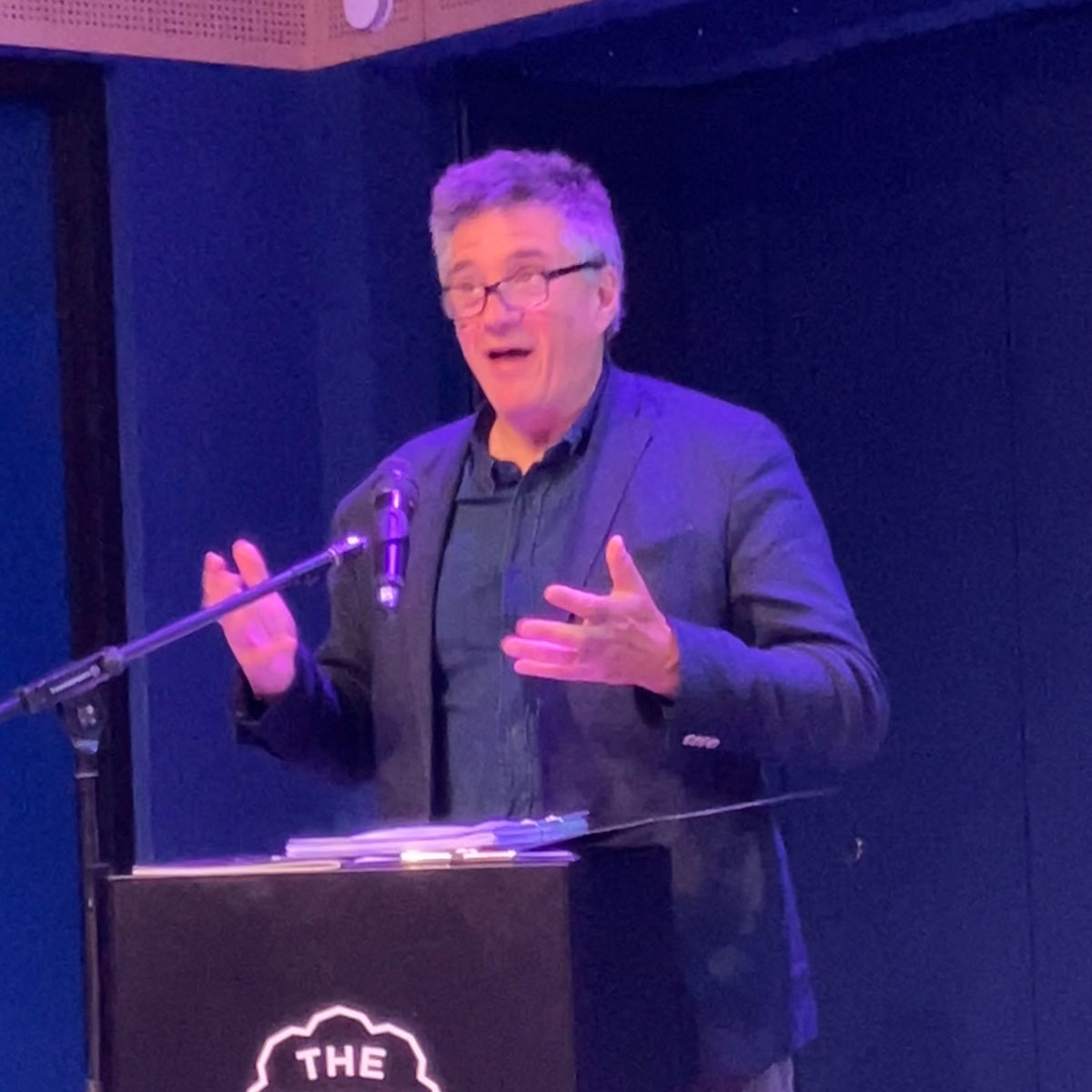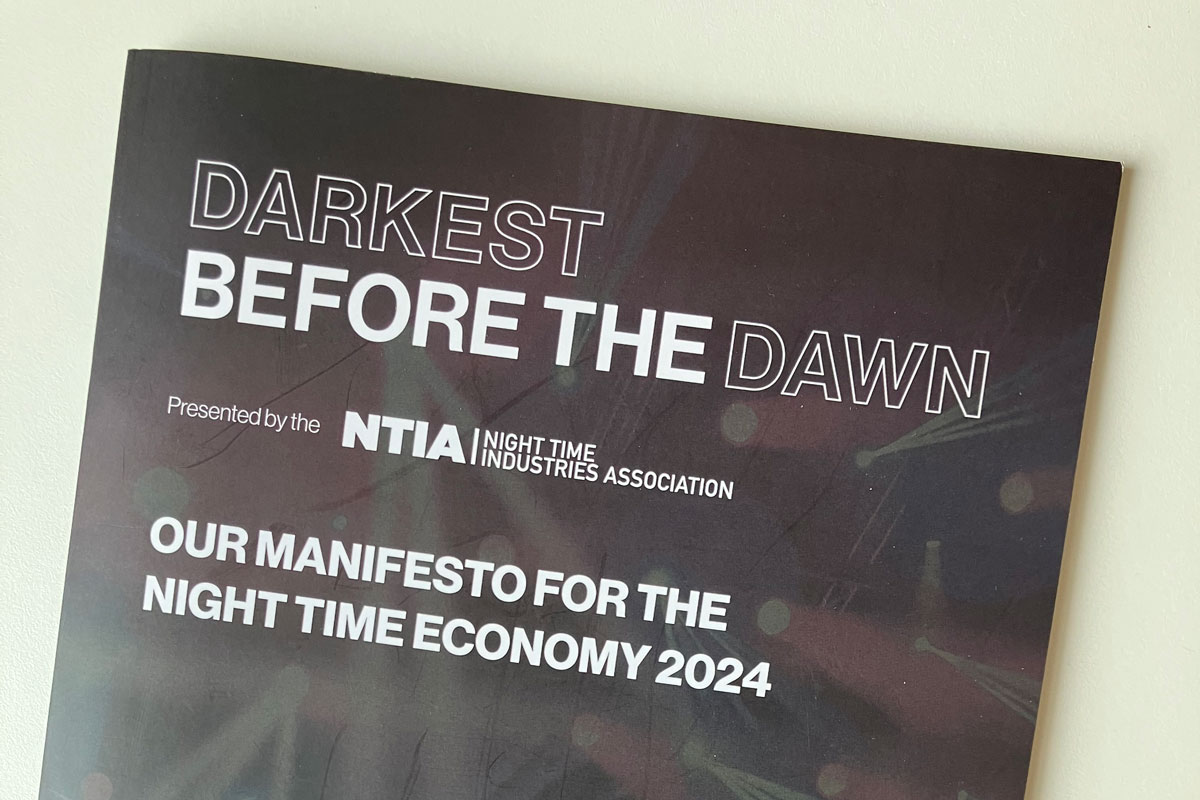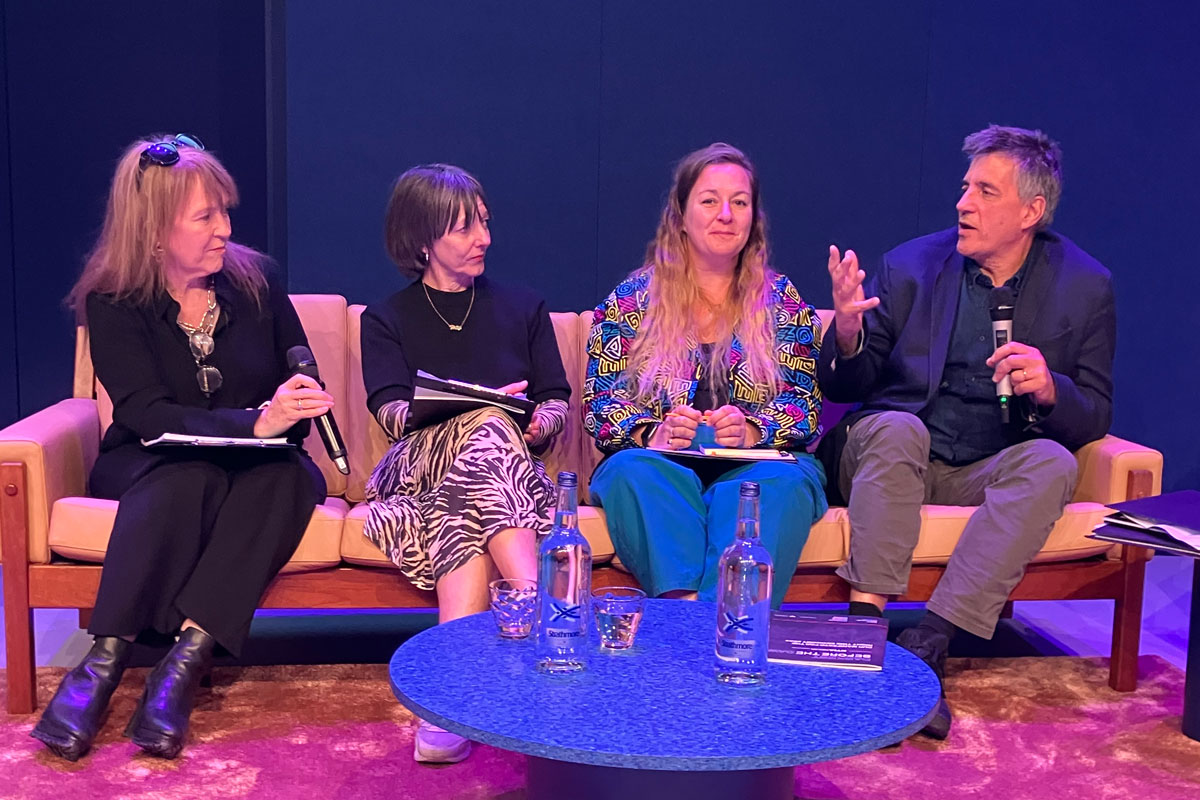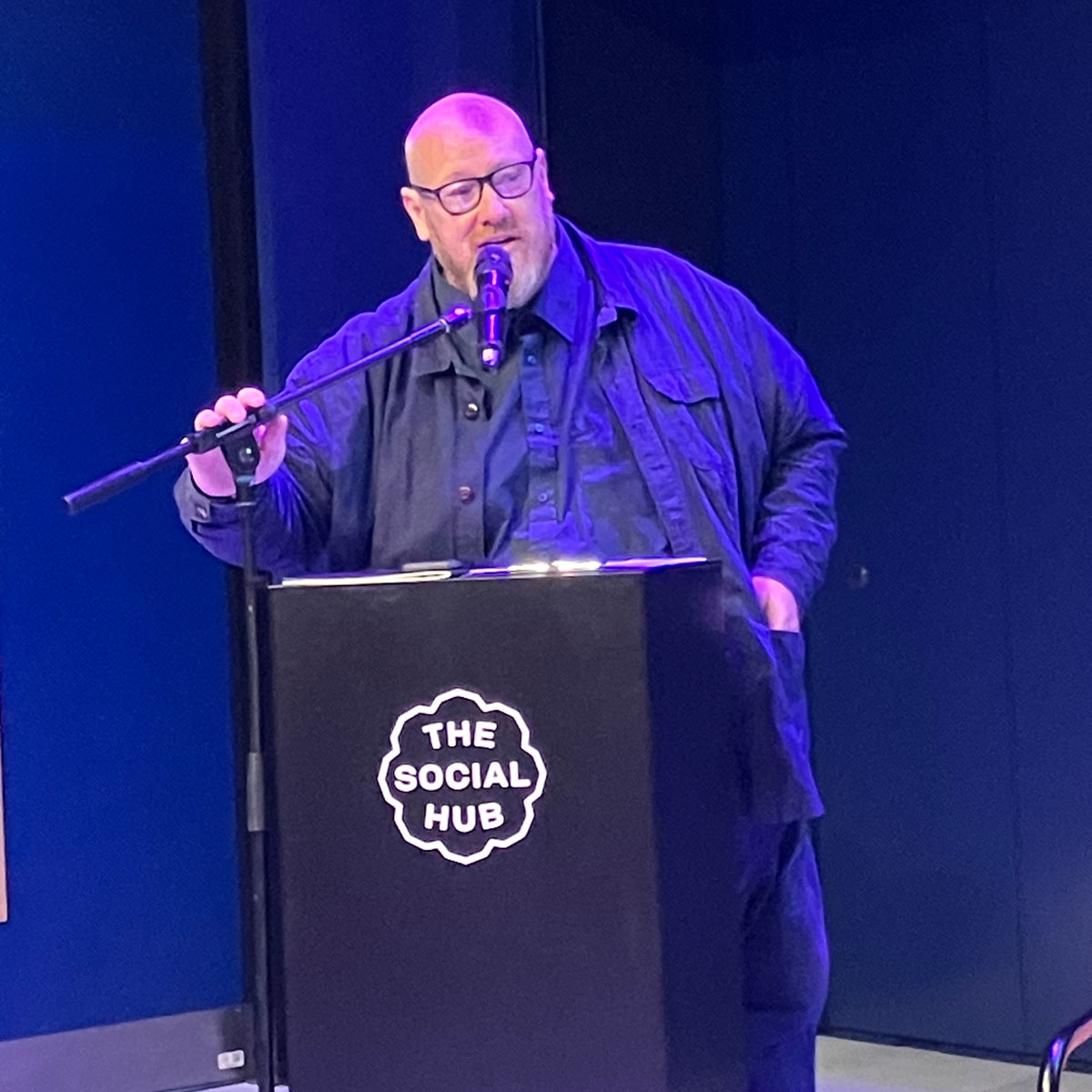
Let’s at least leave our kids with a place to dance…
By Gordon Davidson
Whichever political party emerges victorious from the imminent UK General Election, its ministers will have a very limited timeframe within which to act to reverse the current decline in the pubs, clubs and venues that are the very lifeblood of the UK’s national identity and culture.
With that urgent warning to the fore, the Night Time Industries Association held a pre-election open conference in Glasgow to launch its new manifesto for the night time economy, attracting an impressive cross section of industry figures from across Scotland’s central belt.
Hosted by NTIA Scotland chair – and SubClub owner – Mike Grieve, the star turn at the event was leading licensing lawyer Philip Kolvin KC, who has authored the NTIA manifesto, titled ‘Darkest Before The Dawn’.

Fittingly, Kolvin kicked off by quoting a pop lyric: “Don’t it always seem to go, that you don’t know what you’ve got til its gone?”
The economic odds were increasingly stacked against the independent night-time sector, he said.
The dance clubs and gig venues that drive the sector, often small and independently run, were the ‘very spirit of a place, and a key driver of regional identity’ – but particularly vulnerable to rising costs.
“And while you are looking the other way, they disappear. This is our cultural economy and it is vanishing before our eyes, at the rate of two pubs and one restaurant a day,” said Kolvin.
“We have a £93 billion sector, the UK’s fourth biggest industry, which if anything is more important to city centres as retail recedes.
“But it is important for more than money. The next David Bowie, the next Ian Dury, will get their first gig from a local promoter, but only if local promoters can still put on gigs.
“I can’t help but feel that this generation has failed our kids – on housing, on the climate, on the economy – so for the love of all that is holy, can’t we at least bequeath them a place to dance?”

Kolvin noted that there were, in total, 44 ideas in the NTIA manifesto, but all of it hinged on two ‘no-brainers’ for politicians to absorb – firstly, government had to move from just regulating the night-time economy to actually promoting it.
Secondly, that new ‘nurturing’ approach to the sector should start with the creation of a national strategy which should then be allowed to cascade to action tailored to work at a local level.
“There should be a minister to champion the NTE, working to a strategy based on best practice,” said Kolvin.
“Local authorities should publish their own NTE strategies. You have a housing policy, you have a jobs strategy, so why no night-time economy strategy?
“These strategies would inform planning and licensing. What is non-negotiable is the need for a change of mindset. Government needs to get off the industry’s back and stand by its side.”
Politicians currently had a ‘black and white picture of night time economy’, said Kolvin, which was to regulate it like it’s a threat – a ‘feral beast needing tamed’.
“It’s been put into the Home Office’s portfolio. I’m afraid to say, the promotion of joy is not in the Home Office’s remit,” he added.
Stressing that he hadn’t come to Glasgow to tell the people who knew the city’s hospitality trade how to run their businesses, Kolvin said the whole point of the NTIA Manifesto was its flexibility to be applied locally, as best suited the profile of the nightlife in each UK city.
One tactic that has been successfully adopted in several UK cities is the appointment of a full-time NTE advocate, either fully or partially publicly funded.

Carly Heath, Night Time Economy Advisor for Bristol, who has pioneered initiatives such as the UK’s first city-wide Harm Reduction policy and a Women’s Safety Charter, told the conference that 41% of Bristol’s jobs happen between 6pm and 6am: “There’s a port, there’s the health sector, there’s services, there’s hospitality,” she explained.
“This is why we can’t have politicians making policy on a sunny May day – they need a voice there representing the reality of life for 41% of our city’s workforce.”
Carly noted that Glasgow’s equivalent figure for ‘6pm to 6am’ jobs was 39%.
Mike Grieve pointed out that pre-Covid, Glasgow had a NTE working group set up and work towards establishing a permanent night time economy committee had begun.
The topic of a titular figure – ‘a czar, manager or whatever’ – had been part of that conversation, looking to lessons learned from Manchester and London.
“It is still a question that remains unanswered for Glasgow,” observed Grieve, who voiced the hope that new NTE Sub-Group he is leading as part of Glasgow’s City Centre Task Force will address that.
NTIA CEO Michael Kill asked all attendees to put their weight behind the ‘Darkest Before The Dawn’ manifesto, and promote it to their elected representatives, whether in Westminster, Holyrood or city hall.

“This election is our chance – there is no better time to set out our stall,” said Kill.























